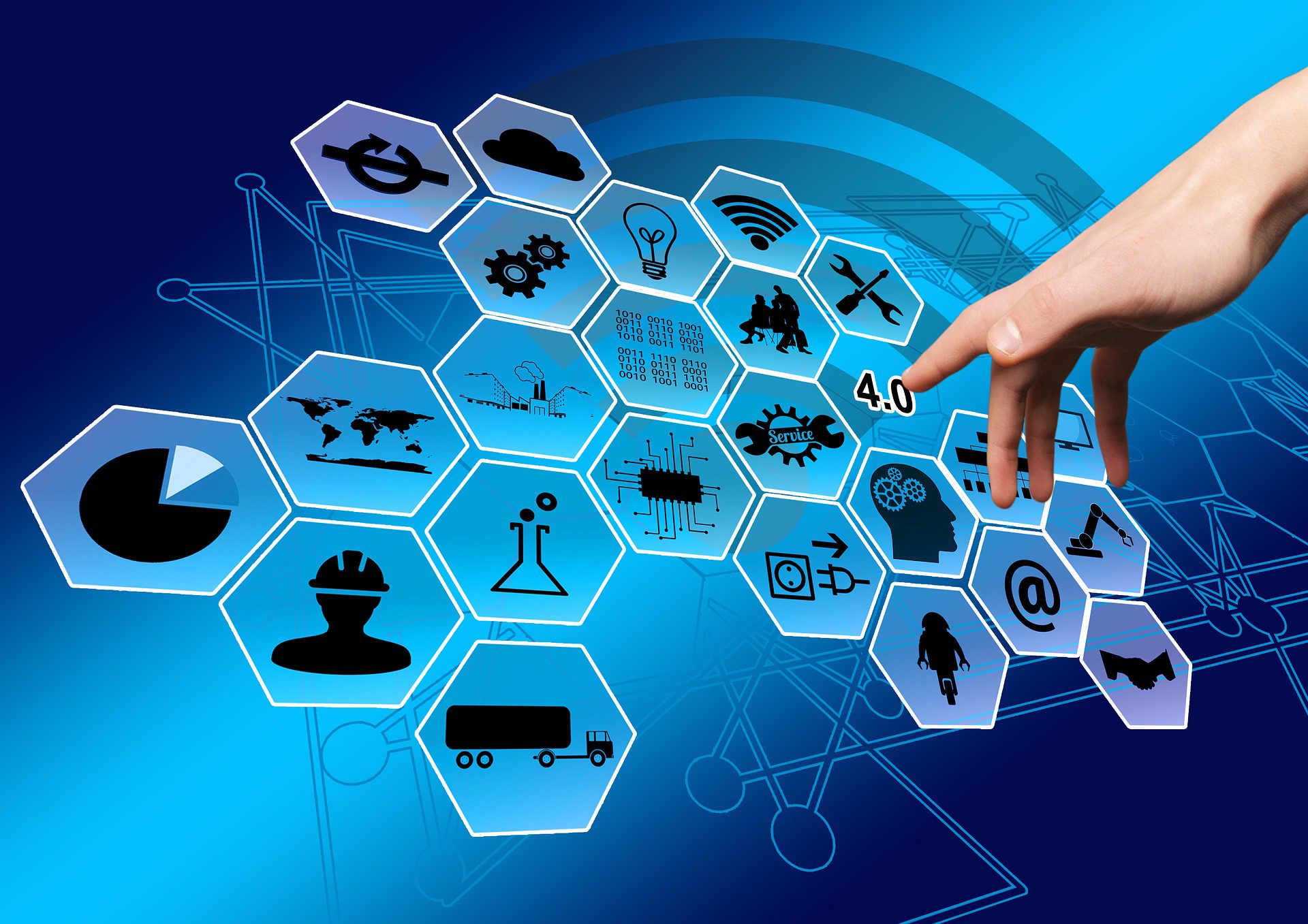The Internet of Things (IoT) offers even more security threats as work from home has heightened security challenges. IoT may exacerbate these problems.
Imagine the havoc millions of people would cause if they suddenly began working from home. Some of these negative factors severely weakened the security defenses of corporations.
A scourge of ransomware may have taken the focus off IoT right now. Nevertheless, the number of connected things will no doubt grow exponentially in the future.
Keeping your business secure and building confidence in digitization processes starts by understanding IoT cybersecurity risks thoroughly.
Why is IoT important?
As well as making a living more competent and working more effortless, it gives people complete control of their lives. Business is increasingly dependent on the Internet of Things, which offers intelligent devices to automate homes.
The Internet of Things offers real-time insights into businesses’ systems, including supply chains and logistics operations. Automation and cost reduction are possible through the IoT.
In addition to reducing waste and improving service delivery, it also makes the production and delivery of goods more affordable and transparent for customers.
The Internet of Things is a crucial technology of modern life, and it will continue to grow as more businesses realize that connecting devices keeps them competitive.

5 Trends In IoT Security
Billions of devices are connected to the internet through the internet of things (IoT), which involves billions of data points to be protected.
Security and privacy are considered to be significant concerns due to IoT’s expanded attack surface.
1. The organization’s perimeter continues to expand
With the IoT, the threat level is multiplied thousands of times. Hundreds of billions of devices are connected.
According to IDC, data from 41.6 billion connected IoT devices or things, or 79.4 ZB, will be generated by 2025. Each opens up a new business opportunity.
Some IoT vendors have already released security tools. It remains, however, primarily a nascent market. As vendors’ offerings become more sophisticated, the threat will become more accurate.
2. Security Will Become Even More Automated
Security is already seeing a lot of automation. To identify patterns and anomalies in mountains of data, it is often used to sift through logs.
Security information and event management (SIEM) and risk management are incorporated into machine learning (ML) systems.
Nevertheless, more automation is possible with IoT. Security administrators cannot manually manage orders of magnitude in the tens of billions. Automation will therefore become a vital part of security arsenals.
3. Attack Lines Become Wilder
There are so many new possibilities with the IoT, many of which are not even considered yet.
A hacker can remotely take over control of a vehicle, for example.
Analysts with StorageIO Group add planes, trains, and transit systems to the list of possible targets.
You then have drones, Alexa, Google devices, smartphones, computers, garage door openers, HVAC, elevators, factory systems, and robots, along with other building control systems.
4. The Need For Standards
The IT industry relies on standards. Suppose a dozen vendors and another few dozen startups set up their own IoT systems and protocols. Everything would be a mess.
Due to lack of integration, security would be a nightmare. IoT systems and data could be insecure simply because there are no standards.
In reality, the IoT will include sensors throughout every device, every car, and the factory floor. Standards are vital to simplifying the securing of it all.
5. AI and Machine Learning
Living in the 4th Industrial Revolution has achieved it through IoT, AI, and machine learning.
The technology promotes a level of performance and productivity that was previously unattainable for enterprises and industries.
Data generated by IoT devices can be processed and analyzed by machine learning algorithms in real-time to gain insights into operations, whether on a production floor, a power plant, or even in a smart city or self-driving vehicle.
Summary
The Internet of Things (IoT) is a network of interconnected devices such as computers and robotics, objects and animals capable of transferring information without human intervention or computer interaction.
Companies across various industries use IoT to improve efficiency and customer understanding and increase business value.
Stay Protected and Stay in the Know
In addition to making sure your business and brand is protected at all times, it’s important to stay updated on the latest technology and security trends as well. That’s exactly the type of content we are releasing on Techbullion daily.
To learn more about the best ways to run your business, be sure to read through our reference guide on using a VPN and how to choose the right integration software for your day to day operations.
































